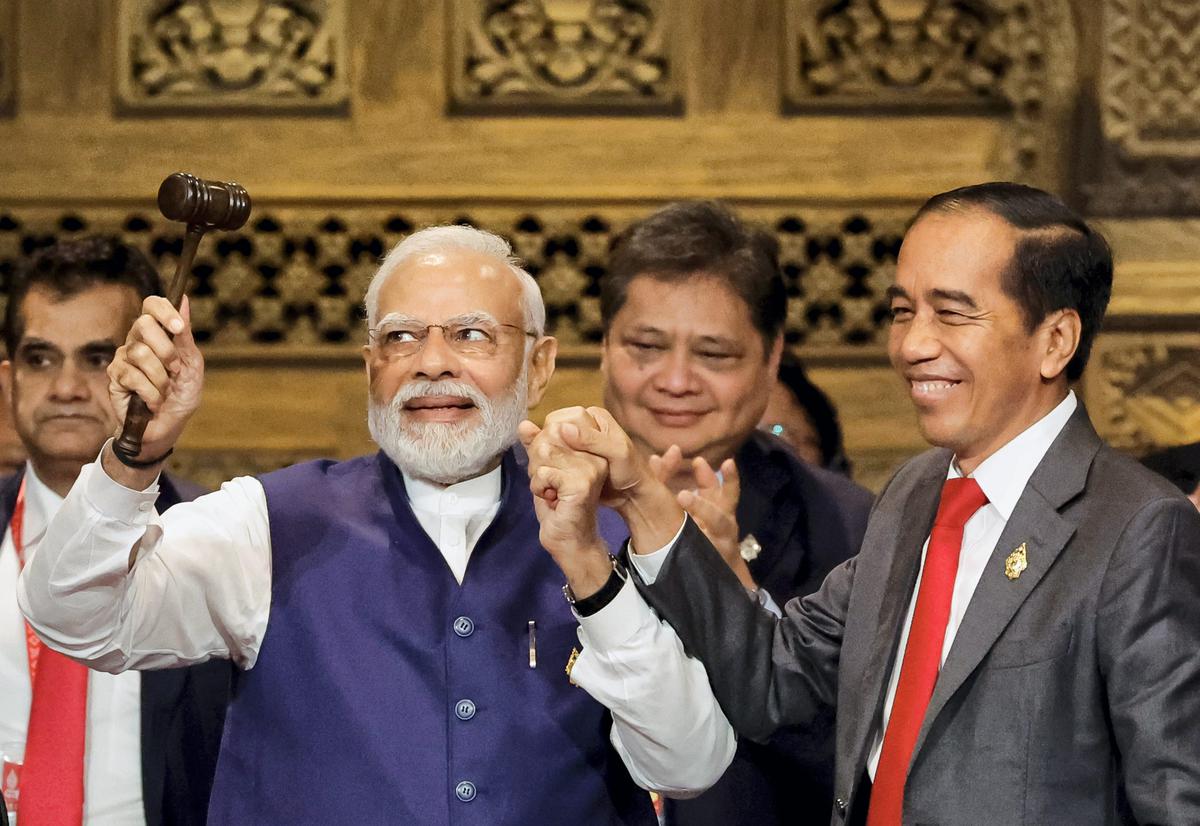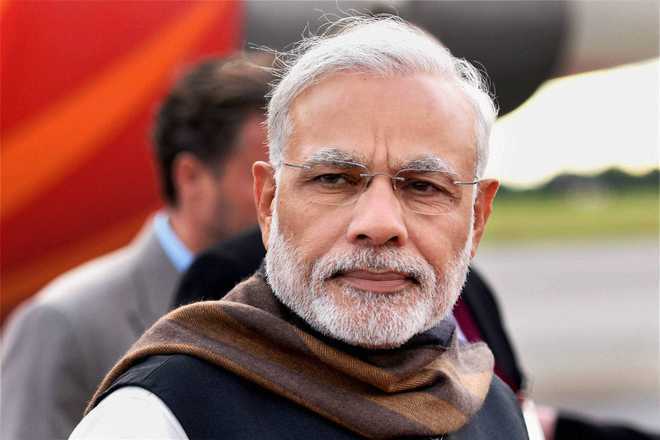There were two major conclusions from the recent G-20 summit in Bali, Indonesia. As a major development, India has presided over the G-20 in 2023. This increased Prime Minister Narendra Modi’s credibility as an innovator.

It is important to note that all of Prime Minister Modi’s proposals and remarks made during his talk were prominently mentioned in the final joint declaration, signalling that India’s voice can no longer be disregarded.
As the two-day summit came to a close, it appeared that the world’s leading economies agreed with India’s stance on global concerns including the conflict between Russia and Ukraine. To that end, the final conclusion of the G-20 summit chimes with PM Modi’s conviction that we are not living in a time of war.
In this way, the importance of India’s voice on the international stage is demonstrated. In his Bali speech, PM Modi called on the G-20 to take “real and concerted action” to secure global stability.
For its part, India has been instrumental in the creation of a pandemic fund that will aid developing and underdeveloped countries in dealing with the consequences of the Covid outbreak. India pledged $10 million to the international meeting, and this statement eventually became part of the official communique.

The countries concerned that the G-20 summit would not become a political struggle for global economics appreciated PM Modi’s emphasis on diplomacy and discussion.
Prime Minister Modi had comprehensive meetings with world leaders on the sidelines of the summit about major concerns like restoring development, ensuring food and energy security, solving issues connected to health, and embracing digital transformation. He promised that India’s G-20 leadership would be open and welcoming, while also ambitious, firm, and results-driven.
To get ready for hosting the G-20 meeting in 2023, Indian Prime Minister Narendra Modi has urged the other world leaders to make sure the advantages of digital revolution are shared widely. By way of illustration, he mentioned India’s efforts to go paperless, noting that 40% of transactions there have already been conducted via digital platforms and that the government has created at least 460 million new bank accounts based on digital identity. This, he claimed, is what has propelled India to the forefront of the movement toward universal financial access.
Beginning on December 1, 2022, India has led the Group of Twenty for the following year, 2023. India has made history as the first country to host the World Economic Forum. India’s biggest challenge as president is keeping the focus of world leaders on the long-term economic challenges of climate change, food and energy shortage, pandemics, and recession rather than on the more fleeting focus of conflicts and global one-upmanship, while also keeping out India’s own political differences with various countries in the coming months.
To reestablish globalisation, which had been gradually superseded by each country going its own way through nationalism, would be India’s job and task as President of G-20 in the following year.
India is taking over the G-20 leadership at a time when international politics are in disarray and a new Cold War-like situation appears to be developing.
Following India’s assumption of the G-20 presidency at the Bali Summit, Prime Minister Narendra Modi noted that the world was dealing with multiple crises at once, including geopolitical tensions, economic slowdown, rising food and energy prices, and the lasting negative effects of a global pandemic. He had earlier indicated that the globe was looking to the G-20 with optimism at this time. He had promised that India’s G-20 chairmanship would be open and welcoming, as well as ambitious and decisive. He was one of those who had decided to use the G-20 to spur international reform.
The veteran diplomat’s opinion is that India is taking up the G-20 chair at a time of unparalleled global concerns. But, he claims, the world can see how a benevolent power like India can fix the problems plaguing it by following India’s principled policy of “Vasudhaiva Kutumbakam” and committing to the ideas of peace, development, dialogue, and diplomacy.

